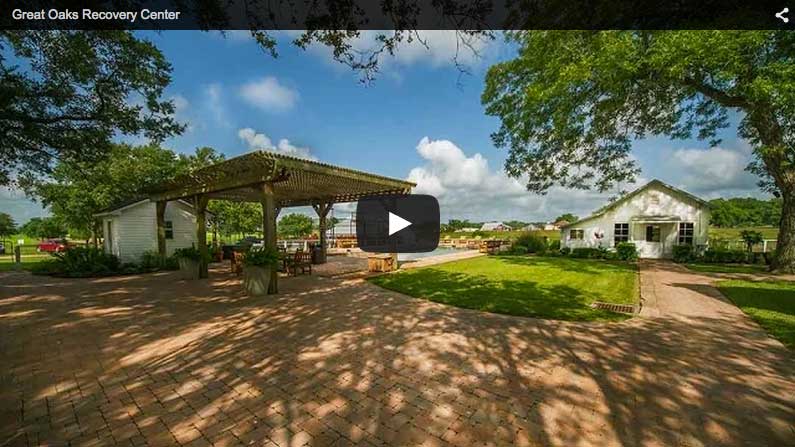 When Bill W. and Dr. Bob founded Alcoholics Anonymous (AA) in 1935, the intent was to provide a safe and private outlet for people struggling with alcoholism. Up to that point, societal stigmas considered alcoholism a critical moral failing and the result of poor character, so individuals often secretly suffered or lived in total denial of the disease, unable to successfully get help. But sharing your recovery story may inspire someone else.
When Bill W. and Dr. Bob founded Alcoholics Anonymous (AA) in 1935, the intent was to provide a safe and private outlet for people struggling with alcoholism. Up to that point, societal stigmas considered alcoholism a critical moral failing and the result of poor character, so individuals often secretly suffered or lived in total denial of the disease, unable to successfully get help. But sharing your recovery story may inspire someone else.
The incognito nature of AA meetings and those of similar 12-Step programs that came later—such as Narcotics Anonymous and Cocaine Anonymous—proved that within the right environment, people allow themselves to be essentially vulnerable and open to assistance. And it all starts with trusting that when you’re among others who understand, healing is possible.
Whether you choose to bare all or just stick to the facts, sharing your recovery story is powerful communication that resonates with other people. Here are some reasons why.
Reduce the Taboo of Addiction
Those stigmas of Bill W. and Dr. Bob’s time haven’t gone away. It’s no wonder addiction is so hard to talk about: there are numerous misconceptions about the reasons for alcohol use disorder (AUD) and substance use disorder (SUD), and many of the same judgments that existed a century ago are prevalent today.
According to a survey conducted by the Substance Abuse and Mental Health Services Administration, “in 2020, 40.3 million people aged 12 or older (or 14.5 percent) had an SUD in the past year, including 28.3 million who had AUD, 18.4 million who had an illicit drug use disorder, and 6.5 million people who had both alcohol use disorder and an illicit drug use disorder.”
Although those numbers might seem impossible to overcome, one person sharing their recovery journey with another creates a dynamic ripple effect, demonstrating sobriety is possible. The popularity of books and memoirs on the topic is another aspect of proof.
You Lessen the Impact of Loneliness
Few of life’s circumstances are as dire as feeling utterly alone. In fact, loneliness is a major contributing factor for SUD and AUD. The isolation caused by these diseases might be self-driven, mired down by feelings of shame or guilt. People also often feel lonely because of background and family incidents, mental health issues, or simply a belief they don’t belong.
Cultivating fellowship through shared experiences is a positive component of recovery—and of life in general. When someone feels seen, heard, and understood, this support reinforces better choices for everyone involved. Whether you’re in a 12-Step group, a more secular recovery program, or listening to each other over a cup of coffee once a week, you and the people you talk with build a stronger sense of connection. This is a valuable lifeline for all of you to avoid relapse.
You Create a Progressive Community
Okay, it’s fair to say that you never set out to become a token-carrying member of the “sobriety club.” After all, no one intends to develop AUD or SUD.
But by being open to sharing your trials and triumphs with others, you play an integral role in how a recovery community works for an overall sense of good. Not only are you laying a foundation of mutual trust, but also hanging a welcome sign that other people will be met where they are in the moment without judgment, receive much-needed support, and get access to vital resources.
Many rehabilitation centers strive to provide post-treatment opportunities such as alumni events, social media portals, continuing care community groups, and other avenues of connection for people at all stages of recovery. People also bond during group therapy, sober vacations, and other special outings. The point is simple: engaging with others on a deeper level is what adds to everyone’s motivation to stay healthy—and to their satisfaction in life.
What Made a Difference to You?
Anyone who’s ever entered treatment had a catalyst and often, it’s the realization through a conversation with someone else that life isn’t what you want it to be. As you think back to the pivotal awakening you had to seek treatment, what stands out to you? Remembering this and being willing to tell the tale gives you a unique perspective into what others are thinking and feeling but maybe haven’t expressed yet.
Additionally, extending this kind of empathy might be exactly the catalyst someone else needs to survive. Not sure how empathy works? This article explains it.
Great Oaks: Invested in Your Recovery
Now here’s something you might not have thought of sharing your recovery story also creates a lifeline whenever you need personal support. For example, if you’re an alumni of Great Oaks, you can always talk with one of our recovery specialists to get a resource or referral—or simply benefit from an encouraging, empathetic ear. The philosophy of our Egypt, Texas, rehabilitation center is to provide the tools that enable you to live your sober life to the fullest. Feel free to tell others what you experienced here and how it made a difference.


